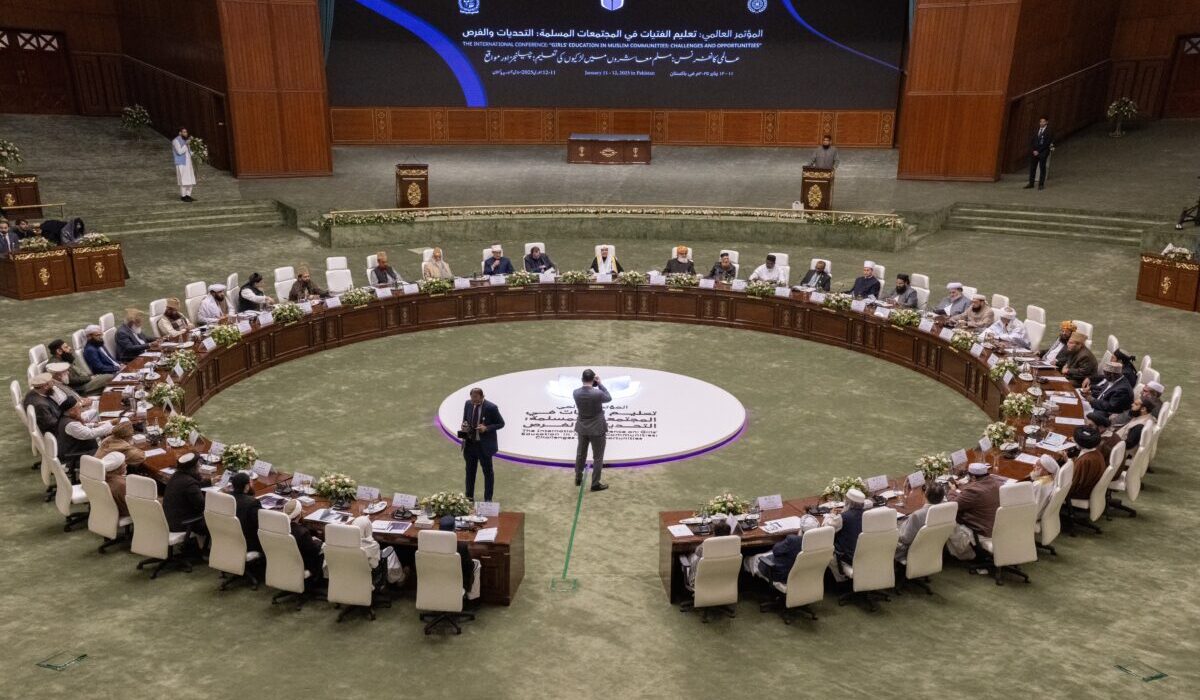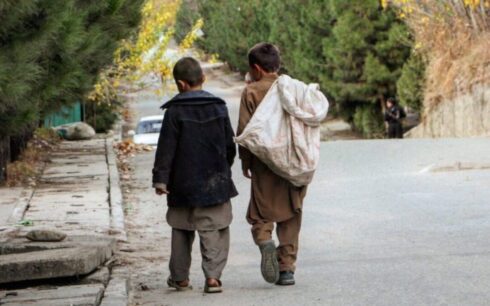KABUL, Afghanistan — Afghan girls barred from education say the Taliban continue to ignore international appeals, including this week’s declaration by leading Muslim scholars at a summit in Islamabad, which rejected the denial of education for girls and called for equal opportunities.
Sohaila, a student forced to abandon her studies due to the Taliban’s restrictions, described her future as bleak. Thousands of girls like her have been barred from attending schools and universities since the Taliban’s return to power in 2021.
“Education is our right,” Sohaila said. “There is nothing un-Islamic about it. Islamic scholars worldwide have also rejected the denial of education for girls. So why do the Taliban continue to ignore this right?”
The two-day summit, titled “Girls’ Education and Islamic Societies: Challenges and Opportunities,” brought together more than 150 religious scholars, ministers, diplomats, and representatives from organizations such as the Organization of Islamic Cooperation and the Muslim World League.
In a nine-page declaration, the participants described the denial of education to girls as discrimination against women and a distortion of Islamic teachings. They emphasized that restricting girls’ education is a misuse of religious principles to justify “discriminatory policies.”
The declaration further stated that educating girls is not only a religious obligation but an “urgent societal necessity.” It called on Muslim communities to oppose such inequalities, describing girls’ education as a fundamental right protected by divine laws, mandated by Islamic teachings, and reinforced by international charters and national constitutions.
Many Afghan girls, now confined to their homes, welcomed the summit’s message but expressed despair over the Taliban’s policies.
Yalda, another student, said the restrictions have left her and her peers vulnerable to mental health issues and forced marriages. “The restrictions on women must be lifted. Women have the right to education and learning. Nowhere in the Quran or Hadith is it stated that women should be deprived of education,” she said.
Malala Yousafzai, the Nobel laureate and advocate for girls’ education who survived a Taliban assassination attempt, also addressed the summit, condemning the Taliban’s policies and expressing solidarity with Afghan women and girls.
“Afghan women and girls must be free to shape their own future,” she said.
Malala also drew attention to the education crisis in Gaza, accusing Israel of destroying the region’s educational infrastructure. She noted that 90 percent of Gaza’s schools have been destroyed, saying, “Palestinian children are losing their lives and their future.”
The Taliban have not responded to the summit’s declaration or the growing international calls to lift the bans on girls’ education. Critics say the Taliban’s stance on education continues to isolate Afghanistan and deprive its next generation of the opportunities necessary for development.





